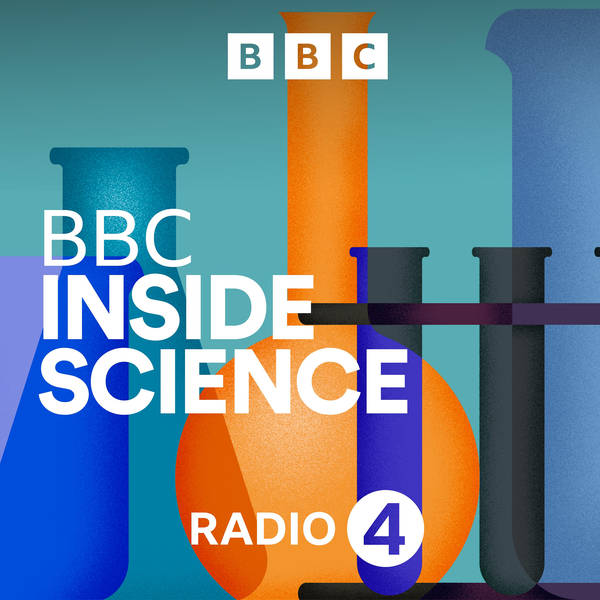
Antarctica's volcanoes, science book prize nominee - Mark O'Connell, US solar eclipse and 40 years of NASA's Voyager mission
Not so much hiding in plain sight, but tucked under the ice-sheet in Antarctica are 91 volcanoes. This adds to the 47 volcanoes already known on the continent. After a graduate student posed the question,"are there any volcanoes in Western Antarctica?", Dr Robert Bingham, and colleagues, at Edinburgh University, scoured the satellite and database records to find the volcanoes. This huge region is likely to dwarf that of East Africa's volcanic ridge, which is currently the most volcano-dense region on Earth.
Journalist Mark O'Connell is the second of our Royal Society Insight Investment Science Book Prize 2017 nominees. His broad-minded, yet sceptical look at the world of 'transhumanism', "To be a Machine: Adventures Among Cyborgs, Utopians, Hackers, and the Futurists Solving the Modest Problem of Death", questions how and why some of us are looking to use technology to fundamentally change the human condition.
On Monday 21st of August 2017, some of the United States will go dark. This is the first total solar eclipse, visible from coast to coast in the US for 99 years. Gareth gets excited with veteran eclipse watchers, David Baron and Jackie Beucher.
On the 20th of August 1977, NASA's probe Voyager 2 launched. This was quickly followed two weeks later by the launch of Voyager 1 (which was on a faster trajectory). Since then the two spacecraft have been exploring our Solar System, the Heliosphere and interstellar space. Surpassing all expectations, the probes have taught us so much about our planets, their moons and beyond. Gareth looks back at the highlights with the Voyager mission's chief scientist, Professor Ed Stone, in a celebration of the 40 year mission.
Produced by Fiona Roberts Presented by Gareth Mitchell.
